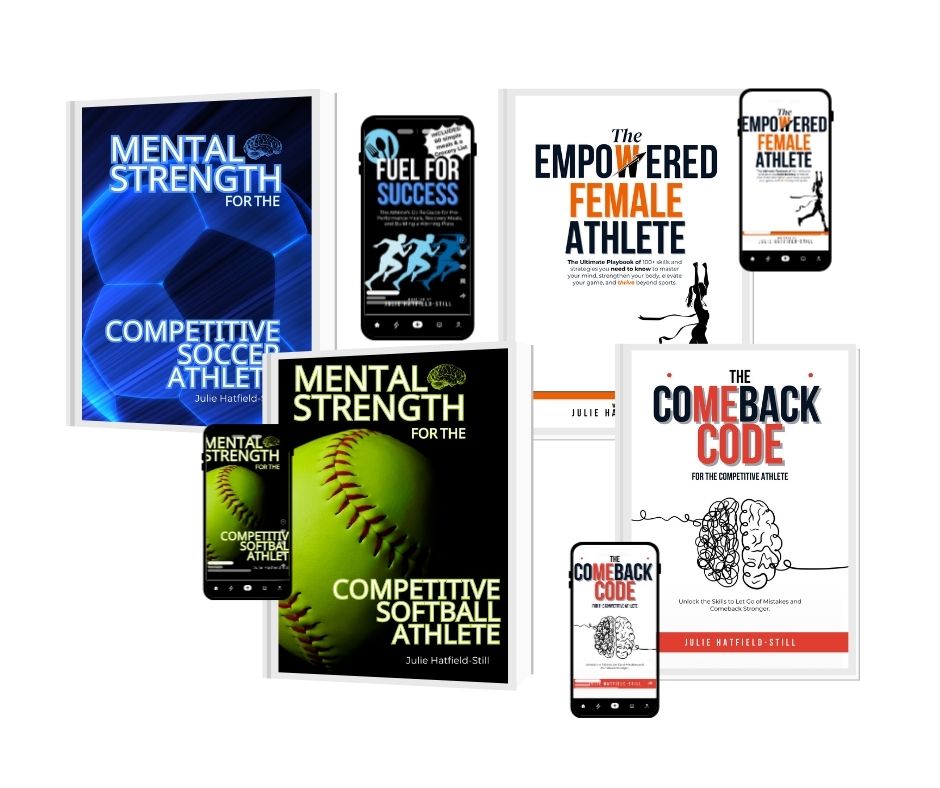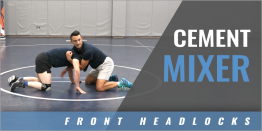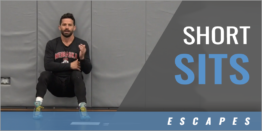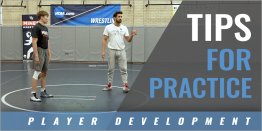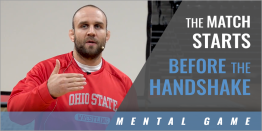|
By: Julie Hatfield-Still Provided By: Beyond The Game Alliance As a high school or elite-level coach, your ability to understand how athletes learn best is critical to unlocking their potential and building rapport quickly. Athletes thrive when they feel supported, understood, and empowered. Recognizing their learning styles and understanding how they best receive, interpret, and apply your coaching cues not only elevates their performance but also cultivates a team culture rooted in trust and connection. If that is something you want to refine, then keep reading. This article will guide you through the main learning styles of athletes and how to use them to amplify the experience and performance of the athletes you coach. Let’s dive into how you can identify these styles, tailor your approach, and transform your athletes’ journey. The Four Main Learning Styles of Athletes 1.) Visual Learners: Visual learners process information best through visual aids like diagrams, videos, and demonstrations. These athletes are the ones who focus intently on a demonstration, absorbing every detail of form and technique. However, they might struggle to follow verbal instructions without seeing an example first. To support visual learners, incorporate tools like whiteboards, playbook diagrams, and video analysis into your coaching. Demonstrating drills yourself or having a teammate model the skill can also be incredibly effective in helping these athletes succeed. 3 Visual Coaching Strategies:
2.) Auditory Learners: Auditory learners excel when they receive clear verbal instructions and engage in discussions. These athletes often ask questions to clarify details and may repeat instructions back to confirm understanding. To help these athletes thrive, focus on providing clear verbal explanations, using analogies to simplify complex concepts, and encouraging open dialogue during practice sessions. Creating an environment where they can process information through discussion will significantly enhance their understanding and retention. 3 Auditory Coaching Strategies:
3.) Kinesthetic Learners: Kinesthetic learners thrive on hands-on practice and physical activity. They may become restless during long explanations and prefer to jump right into drills. These athletes need to “feel” the movement to internalize it. To engage these athletes effectively, prioritize repetition and active participation in practice. Encourage them to “feel” the movement through repeated execution rather than relying solely on verbal or visual instruction. This approach allows them to internalize skills and improve performance through experiential learning. Kinesthetic Coaching Strategies:
4.) Reading/Writing Learners: Reading/writing learners absorb information best through written text. They prefer to review written instructions, take notes, or read about techniques before attempting them. To support these athletes, provide written guides, checklists, and handouts. Encourage them to write down goals, reflect on strategies, or even journal their progress to deepen their understanding and retention. Reading/Writing Coaching Strategies:
How to Discover Their Learning Style Many athletes (and adults) are unaware of how they learn best. Helping them identify their preferred style can be a game-changer for both you and them. Here are three insightful ways to go about it.
Encouraging athletes to reflect on these questions and sharing your observations not only helps them pinpoint their learning style but also empowers them to advocate for their needs. The reality is that many athletes learn through a combination of styles. Some may thrive with both kinesthetic and auditory approaches, while others might blend visual and reading/writing methods. This underscores the importance of coaches using diverse strategies to connect with their athletes effectively. By varying your coaching methods, you ensure that each athlete can engage in a way that resonates with them, boosting understanding and performance. Adaptability is an invaluable asset for coaches; the ability to shift styles and “read the room” can elevate your team’s experience. When you observe and respond to how your athletes learn best, you build trust and create an environment where everyone has the tools to succeed. This adaptability can truly change the game. However, the coach-athlete partnership is a two-way street. Although initially, you may have to shift your style to meet them where they are at, that doesn’t have to be fully one-sided as your athletes grow and develop. Once trust is established, gently challenge them to expand their learning methods. This adaptability prepares them for diverse situations, both in sports and beyond. Athletes often perform their best when they feel valued and understood. Recognizing their learning styles fosters trust, which leads to greater motivation and confidence. By meeting athletes where they are and helping them grow, you’re not just coaching a team—you’re shaping individuals who can succeed in life beyond the game.
Written by Coach Julie Hatfield-Still
Julie Hatfield-Still is an entrepreneur, coach, author, and advocate for empowering athletes to unlock their full potential in their game and beyond their game. With a passion for developing mental strength and resilience, Julie has authored books for Female Athletes and Mental Strength in Softball and Soccer. She is also the Founder and President of Beyond The Game Alliance. This non-profit organization provides holistic and proactive workshops in Nutrition, Mental Strength & Sports Psychology, Injury Resilience, Recovery, Career Development, and more. Beyond The Game Alliance comes alongside Teams, Schools, and Sports Organizations to support their athletes' needs by providing awareness, access, and affordability for services and coaching for athletes. When Julie isn’t writing, running a non-profit, or coaching, she’s most importantly dedicated to educating her two sons and creating a simple life with her family. Learn more about Beyond The Game Alliance at BeyondTheGameAlliance.org or Follow Us on Social Media (Facebook and Instagram). Find Books for Athletes used by Coaches on Amazon.
Find Books For Athletes used by Coaches on Amazon: |





